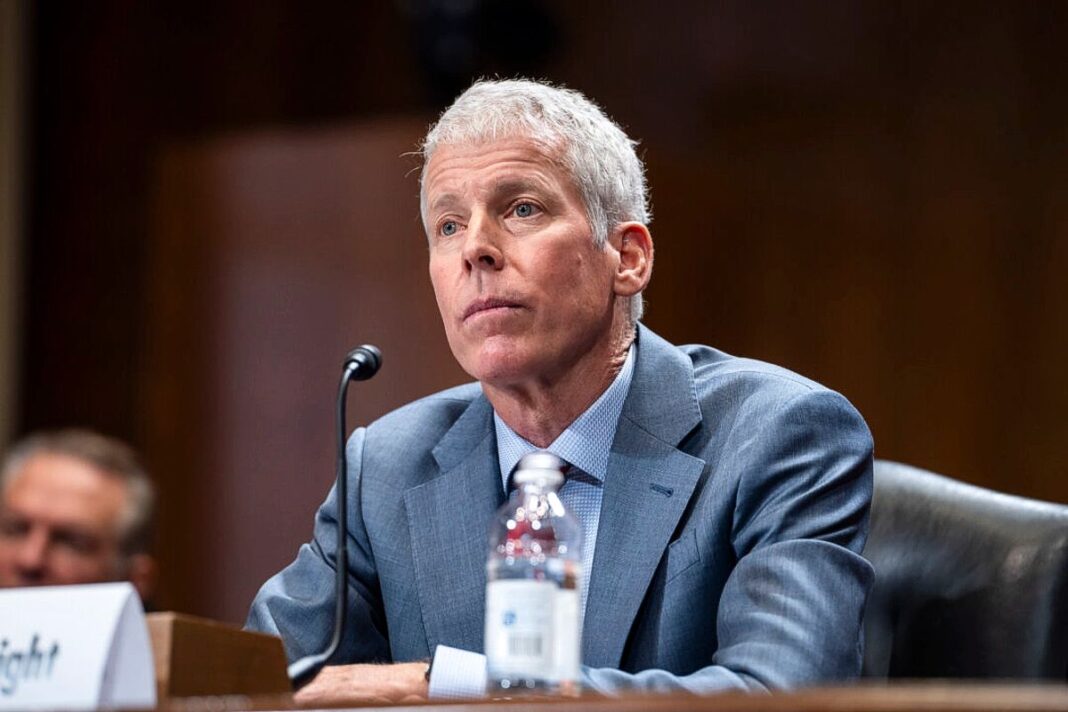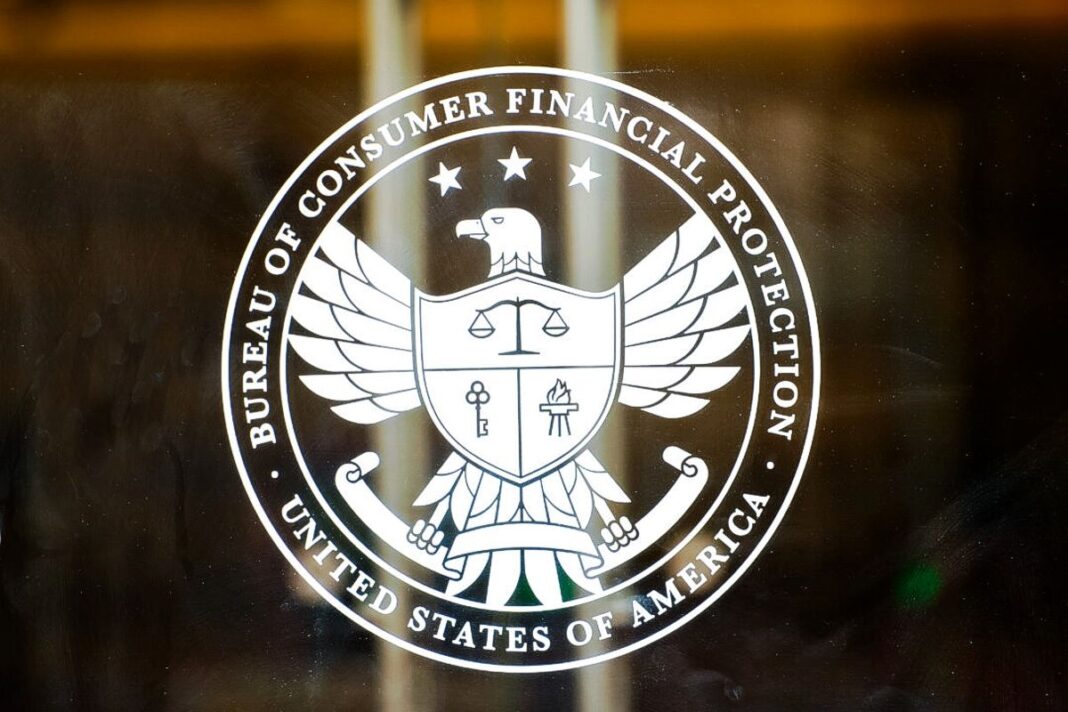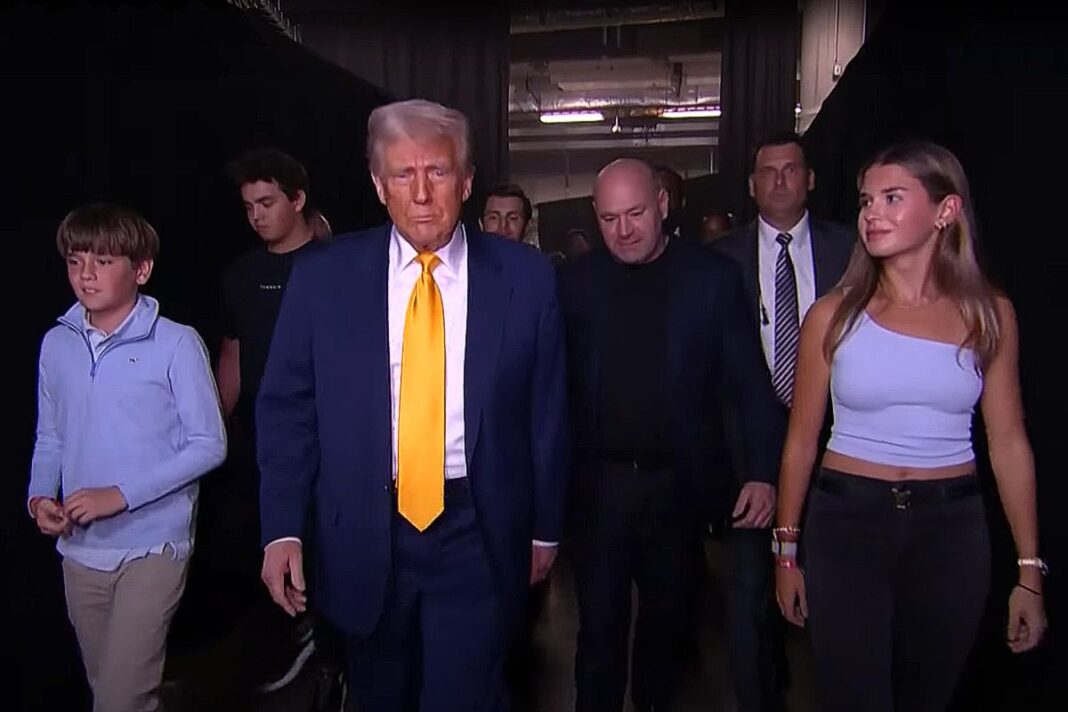‘For a U.S. partnership and involvement in nuclear here, there will definitely be a 123 agreement,’ the energy secretary said.
Saudi Arabia and the United States will sign a preliminary agreement of cooperation as the kingdom intends to create a civil nuclear industry, Energy Secretary Chris Wright told reporters on April 13 in the Saudi capital of Riyadh.
Meeting with Saudi Energy Minister Prince Abdulaziz bin Salman earlier on Sunday, Wright said the two nations are on “a pathway” to brokering an agreement to work together in developing a Saudi civil nuclear program.
It was Wright’s first visit to the kingdom as energy secretary, part of a tour of the energy-exporting Gulf states of the Middle East. He said further information on a memorandum detailing the energy collaboration between Saudi Arabia and the United States will be released later this year.
“For a U.S. partnership and involvement in nuclear here, there will definitely be a 123 agreement. … There’s lots of ways to structure a deal that will accomplish both the Saudi objectives and the American objectives,” he said.
A 123 agreement references Section 123 of the U.S. Atomic Energy Act of 1954 and is necessary to permit the federal government and U.S. companies to work with entities in Saudi Arabia to establish a civil nuclear industry.
Wright said that Saudi authorities have not agreed to the act’s requirements, which set out nine non-proliferation standards a state must maintain to prevent it from using the technology to create nuclear weapons or transfer sensitive materials to other states or entities.
Discussions on a deal with Saudi Arabia have been difficult as the kingdom has resisted signing an agreement that would prevent the possibility of enriching uranium or repurposing spent fuel, which are both possible paths to creating a bomb.
Saudi Crown Prince Mohammed bin Salman has long warned that Saudi Arabia would follow Iran if the latter ever developed a nuclear weapon. This position has led to concerns among arms control advocates and some lawmakers over a potential U.S.–Saudi civil nuclear arrangement.
By Jacob Burg







